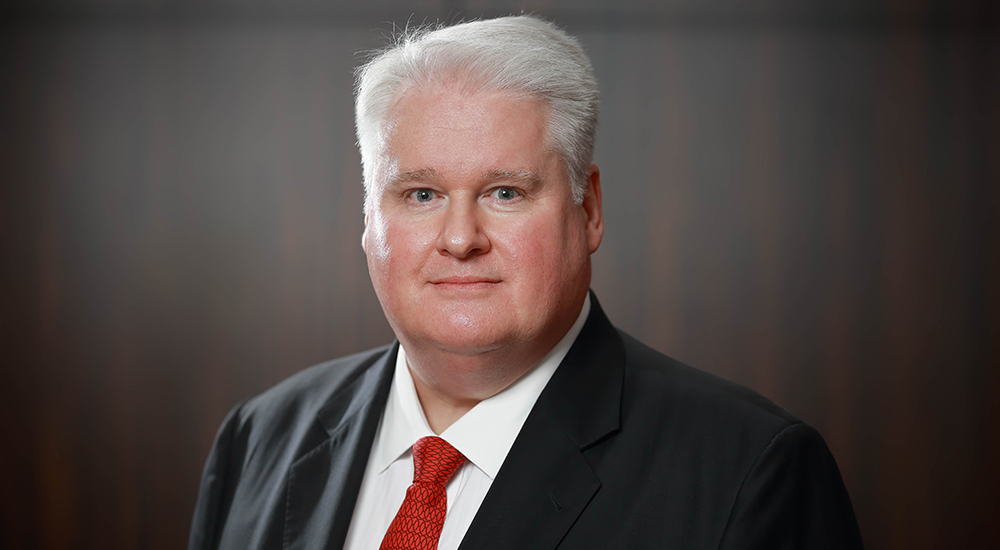Business, finance and government leaders from across the region and the world gathered at Al Faisaliah Hotel in Riyadh to understand the role that accountancy can play in the success of Saudi Arabia Vision 2030. Held under the patronage of H.E. Dr Majid Bin Abdullah Al Kassabi, Minister of Commerce and Investment, the one-day conference was themed ‘Building trust: Shaping the accountancy profession’s contribution to Vision 2030’.
The speakers agreed that Vision 2030 requires the contribution of accountants and finance professionals in order to build trust and attract foreign investors. This includes improving transparency, responsibility and strategy.
“The accountancy profession in Saudi Arabia has an important role to play in achieving Vision 2030. As the Kingdom progresses, SOCPA can help in getting that economic narrative right by going beyond things like financial reporting, financial accounting, tax, and make a contribution to how the Kingdom looks at achieving some of their goals,” said Michael Izza, Chief Executive, ICAEW.
Michael Armstrong, FCA and ICAEW Regional Director for the Middle East, Africa and South Asia (MEASA), said: “A robust financial sector is critical to build a strong economy and this has to be supported by top local talent. With national GDP forecast to grow, accountancy and finance professionals will continue to be in high demand. Unfortunately, at the moment not enough Saudis are choosing this career path. This will have to change if the Kingdom is to see real, sustainable, growth.”
Hans Hoogervorst, Chairman, International Accounting Standards Board (IASB), said: “A sound regulatory framework is important for Saudi Arabia to achieve its Vision 2030. The adoption of IFRS Standards is a key element in that framework and a clear signal to the world that the Kingdom welcomes foreign direct investment.”
Speakers clarified that the introduction of VAT in 2018 is critical for Saudi Arabia in order to enhance the government’s non-oil revenues. But to achieve successful implementation there should be a clear and comprehensive tax strategy. As a new framework for the region, there needs to be greater awareness and communications about VAT, and this should be implemented in stages.
Click below to share this article

